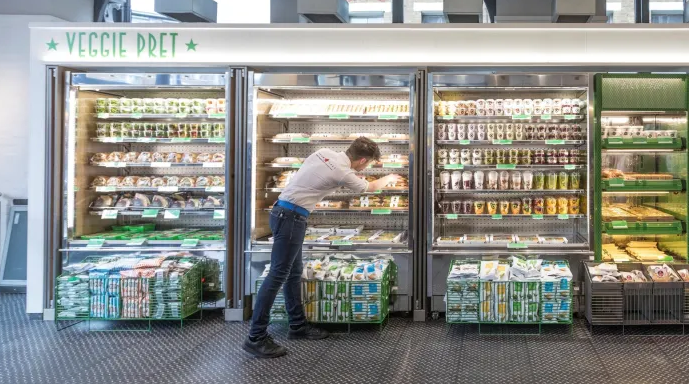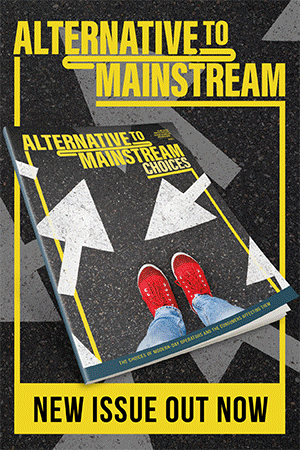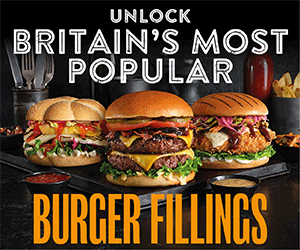Opinion: Don’t put all your eggs in one basket!

Hermione Hitchin, marketing executive for Savanta, on how to get the most from Veganuary...
Veganuary has really gained in popularity in recent years. Indeed, according to the non-profit organisation behind the campaign, annual sign-ups have skyrocketed since the event’s inception in 2014. In just eight years, a mere 3,300 sign-ups shot to a staggering 629,000 in 2022. Veganuary is yet to publish official statistics for 2023, but we expect to see an even more impressive figure this year.
Perhaps the success is aided by the support and participation of the food and beverage industry. Each year, many outlets participate in the campaign – some may choose to offer limited-time promotions, while others make long-term change.
We have seen several instances where 100% plant-based ventures have fallen flat after discerning a lower-than-anticipated demand. For instance, in 2018, US vegan fast-food chain By Chloe began trading in the UK, eventually amassing four sites across London. But by 2020, the chain filed for bankruptcy and was forced to close after being acquired by QOOT.
British favourite Pret A Manger faced similar issues, when expansion plans for its spin-off chain Veggie Pret were dropped in favour of extending the plant-based offer in original stores.
Furthermore, in March 2022, Burger King ended a month-long trial for an all-vegan restaurant at its flagship London site. Despite the rising popularity of vegan diets, confirmed by Veganuary’s official campaign reports, there have been no plans to revive the venture.
Honest Burgers’ co-founder Tom Barton has suggested that the demand for plant-based is not as large as it seems, saying: “People’s food beliefs are one of those things that [they] are very vocal and passionate about on social media and can potentially paint a bigger picture [of veganism] than is actually realistic.”
Interestingly, Veganuary’s six-month follow-up survey reveals that only 28% of participants remained vegan after the 2022 campaign. For the non-profit, 28% is an encouraging figure, but for businesses that made significant changes to their operations, it is less promising.
Striking a balance
To celebrate Veganuary, brands that offer promotions – such as Las Iguanas’ two-for-one promotion on vegan and vegetarian dishes, or BrewDog Bars’ Meat-free Mondays special – may also find success this month without making drastic changes to their operations. In fact, Big Table Group reported that Las Iguanas saw “a huge 400% increase in uptake of [its] promotion” in 2022.
Those that opt for a varied menu are more likely to succeed, as they can appeal to a wider range of customers with a host of dietary requirements.
Don’t miss out on meaty profits
From a marketing standpoint, participating in Veganuary can be a lucrative strategy for brands. Offering a wider range of plant-based options can put businesses at an advantage during the month of January, as it can help retain existing customers participating in the campaign, as well as attract a new vegan clientele. As such, campaigns like Veganuary and Meat-free Mondays present promising opportunities for brands to tap into a growing consumer base with increasing purchasing power.
However, while the vegan market may seem large and lucrative, there is no one-size-fits-all solution. It is fundamental that brands take strategic, targeted approaches to this space – with thorough research under their belts – in order to avoid meeting the same fate as By Chloe and Veggie Pret.













